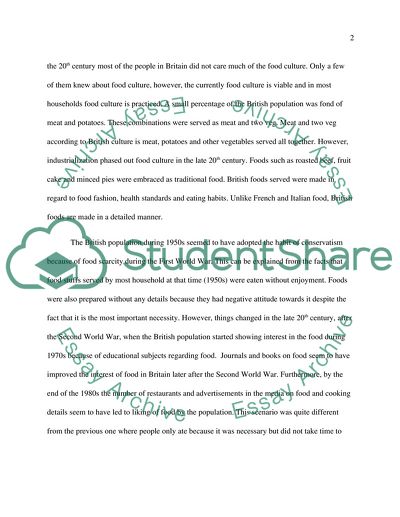Cite this document
(Food and Politics in Britain Coursework Example | Topics and Well Written Essays - 2000 words, n.d.)
Food and Politics in Britain Coursework Example | Topics and Well Written Essays - 2000 words. Retrieved from https://studentshare.org/politics/1630533-food-and-politics-in-britain
Food and Politics in Britain Coursework Example | Topics and Well Written Essays - 2000 words. Retrieved from https://studentshare.org/politics/1630533-food-and-politics-in-britain
(Food and Politics in Britain Coursework Example | Topics and Well Written Essays - 2000 Words)
Food and Politics in Britain Coursework Example | Topics and Well Written Essays - 2000 Words. https://studentshare.org/politics/1630533-food-and-politics-in-britain.
Food and Politics in Britain Coursework Example | Topics and Well Written Essays - 2000 Words. https://studentshare.org/politics/1630533-food-and-politics-in-britain.
“Food and Politics in Britain Coursework Example | Topics and Well Written Essays - 2000 Words”, n.d. https://studentshare.org/politics/1630533-food-and-politics-in-britain.


